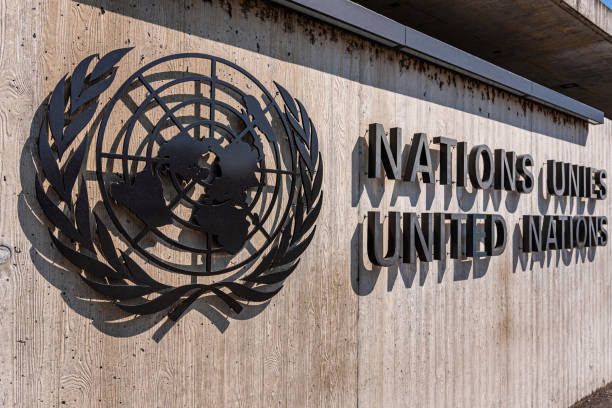Europe
Food prices hit record high in March – UN agency

UN food agency on Friday said World food prices jumped nearly 13 per cent in March to a new record high as the war in Ukraine caused turmoil in markets for staple grains and edible oils.
The Food and Agriculture Organisation’s (FAO) food price index, which tracks the most globally traded food commodities, averaged 159.3 points in March versus an upwardly revised 141.4 for February.
The February figure was previously put at 140.7, which was a record at the time.
Russia and Ukraine are major exporters of wheat, corn, barley and sunflower oil via the Black Sea, and Moscow’s six-week-old invasion of its neighbour has stalled Ukrainian exports.
FAO last month said food and feed prices could rise by up to 20 per cent as a result of the conflict in Ukraine, raising the risk of increased malnutrition.
It said the agency’s cereal price index climbed 17 per cent in March to a record level while its vegetable oil index surged 23%, also registering its highest reading yet.
Disruption to supplies of crops from the Black Sea region has exacerbated price rises in food commodities, which were already running at 10-year highs in the FAO’s index before the war in Ukraine due to global harvest issues.
Sugar and dairy prices also rose sharply in March, the FAO said.
In separate cereal supply and demand estimates on Friday, the FAO cut its projection of world wheat production this year to 784 million tonnes, from 790 million in March, as it factored in the possibility that at least 20 per cent of Ukraine’s winter crop area would not be harvested.
The revised global wheat output estimate was nonetheless 1 per cent above the previous year’s level, it said.
The agency lowered its projection of global cereals trade in the 2021/22 marketing year as increased exports from Argentina, India, the European Union and the United States were expected to only offset some of the disruption to Black Sea exports.
Total cereal trade in 2021/22 was revised down by 14.6 million tonnes from the previous monthly outlook to 469 million tonnes, now 2 per cent below the 2020/21 level.
FAO added that the projected world cereal stocks at the end of 2021/22 were revised up by 15 million tonnes to nearly 851 million tonnes, mainly because of expectations that export disruption will lead to bigger stockpiles in Ukraine and Russia.




 Davido's Net Worth & Lifestyle
Davido's Net Worth & Lifestyle 
